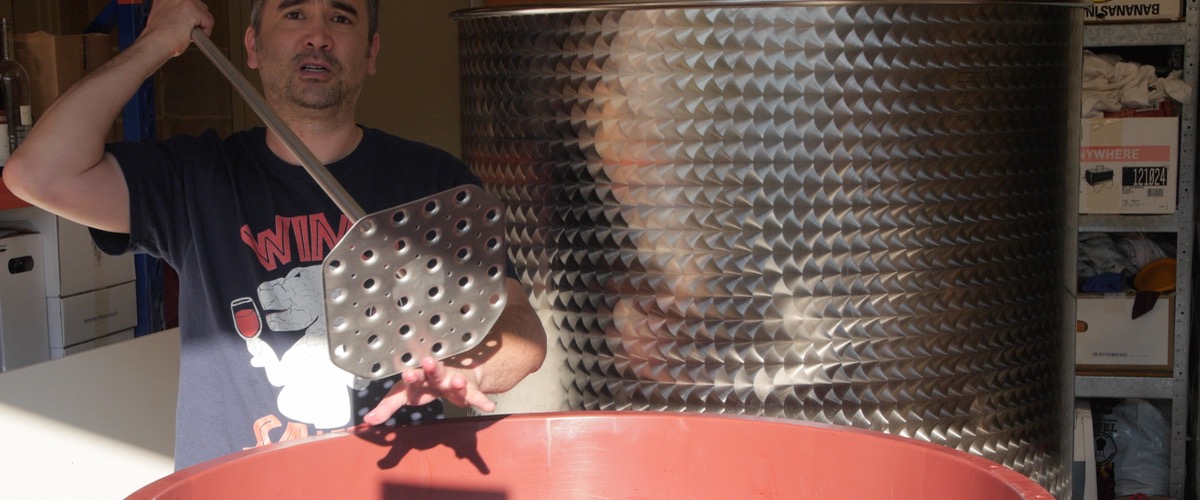It takes a while for fermentation to start, particularly with wild yeast, only those present on the grapes from the vineyard, even more so when you’re starting with cold fruit. The population of yeast has to build up before it starts really aggressively consuming sugar and converting it to ethanol and carbon dioxide.
At peak fermentation 20% of the sugars can be consumed by the yeast every 12 hours right now on about 5% is being consumed every twelve hours.
One of the other bi-products of fermentation is heat. Yeast are like humans too hot or too cold and they get upset, stop working or protest by using the only way they know to communicate with us, producing bad smells like rotten egg gas! Overall they’re pretty flexible though and will happily operate between 10-35°C.
The hotter it gets the harder they work, generating more heat and the cycle continues!
Temperature also has another important role to play, higher temperatures reduce the primary fruity nature of fermenting grapes and help more secondary character come through making the wine more complex and interesting. They also impact the extraction of colour and tannin from the skins, seeds and stalks.
It’ll be critical that we are constantly tasting the ferments to ensure we can act when needed to guide the fruit to becoming a wine with intrigue and a great mouthfeel / texture.

Leave a Reply
You must be logged in to post a comment.